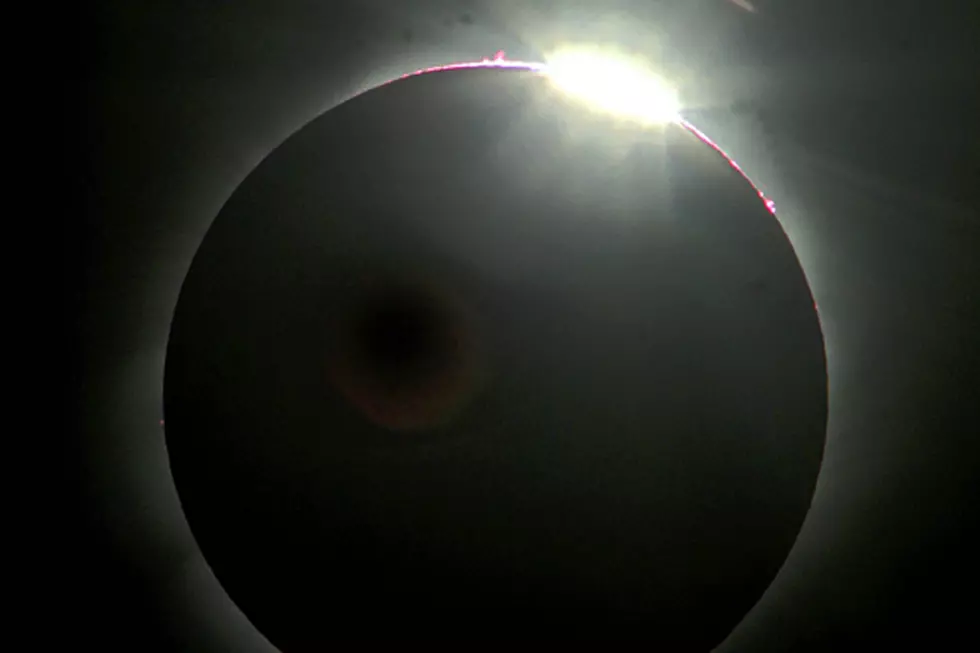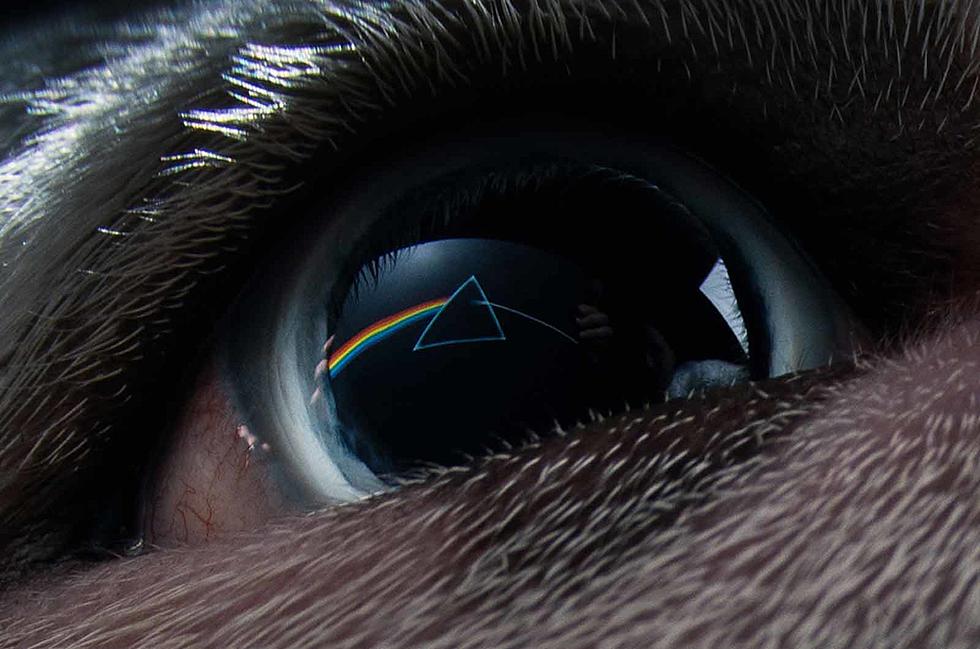
Why Pink Floyd’s Underrated ‘Obscured by Clouds’ Deserves Another Look
Obscured by Clouds is a rather fitting title for Pink Floyd's seventh studio album, released on June 2, 1972. The forward-thinking British quartet had been in a transitional phase for several years and albums.
When Syd Barrett fled the band in a schizophrenic, acid-induced haze back in April of 1968, (following their difficult sophomore album, A Saucerful of Secrets), the remaining four members were left to pick up the pieces.
After Saucerful, there had been smatterings of brilliance – including a few inspired moments of their mostly bloated orchestral-rock offering, Atom Heart Mother. Then came Meddle, their excellent and focused 1971 album – and arguably Pink Floyd's finest to date. David Gilmour fully grasped his role as co-leader on the latter project, writing several songs with Roger Waters, and refining his elegantly textural and muscular electric guitar playing on tracks like the gorgeously psychedelic "A Pillow of Winds" and the sweeping 23-minute epic "Echoes."
Meddle served as a blueprint for 1973's The Dark Side of the Moon – which, of course, remains a pinnacle of both the progressive rock and psychedelic movements with its groundbreaking studio wizardry and commercial success. In between, however, came Obscured by Clouds – a quite obscured middle ground. It remains one of Pink Floyd's strangest and least popular albums, despite its many arresting songs and glorious sonic excavations.
Following the release of Meddle, Pink Floyd – which also featured Richard Wright and Nick Mason – prepared for a large 1971 tour spanning the United States, Britain and Japan. They assembled at London's Broadhurst Gardens, preparing their live repertoire and writing a wealth of new material. The band had previously collaborated with French filmmaker Barbet Schroeder by recording an original soundtrack to his 1969 film More, and when Schroeder expressed interest in a second collaboration, the seeds for Obscured by Clouds were planted.
Listen to Pink Floyd Perform 'Wots ... Uh, the Deal?'
"After the success of More, we had agreed to do another sound track for Barbet Schroeder," Mason says in his musical autobiography Inside Out: A Personal History of Pink Floyd. "His new film was called La Vallée and we traveled over to France to record the music in the last week of February." The soundtrack was hastily assembled, having been recorded in only two weeks. Mason also confirmed that they utilized the same methods employed on More, where Pink Floyd could be found "following a rough cut of the film, using stopwatches for specific cues and creating interlinking musical moods that would be cross-faded to suit the final version."
In this way, Obscured by Clouds might appear to tread old ground, as Pink Floyd returns to a songwriting template that went as far back as their work on the 1968 Peter Sykes noir film The Committee. That fact alone is enough to cement this album's status as a black sheep in the Floyd catalog; it's also understandably overshadowed by the masterpieces that precede and follow it. Nevertheless, as a collection of songs, Obscured by Clouds is infinitely more powerful and rewarding than their earlier soundtrack work.
Tracks like the simmering instrumental "Mudmen" – one of two tracks ever attributed to the duo of Gilmour/Wright, along with "Cluster One" from 1994's Division Bell – easily function as a sonic bridge between The Dark Side of the Moon. The quartet conjures hugely ethereal moods from Wright's rippling organs and VCS 3 synthesizer, Gilmour's aching slide guitar, Waters' murmuring bass, and Mason's simmering drum fills. Meanwhile, the gorgeous acoustic lullaby "Wots ... Uh, the Deal?" remains one of Gilmour's finest original tracks – and clearly a personal favorite of the guitarist's, judging by its inclusion on his 2007 live DVD Remember the Night.
There are awkward spots – most notably "The Gold It's in The," an oddly peppy track with an arena-rock-styled riff and a flat vocal hook. But in spite of the filler, Obscured by Clouds remains one of rock's most under-appreciated treasures — and perhaps the most underrated album in Pink Floyd's impressive discography.
Top 50 Progressive Rock Albums
You Think You Know Pink Floyd?
More From Ultimate Classic Rock









